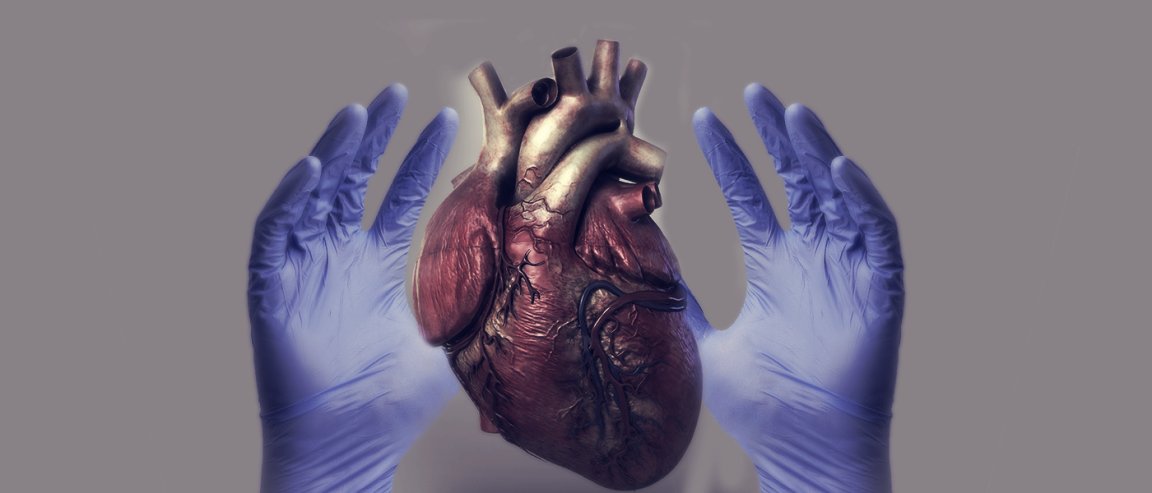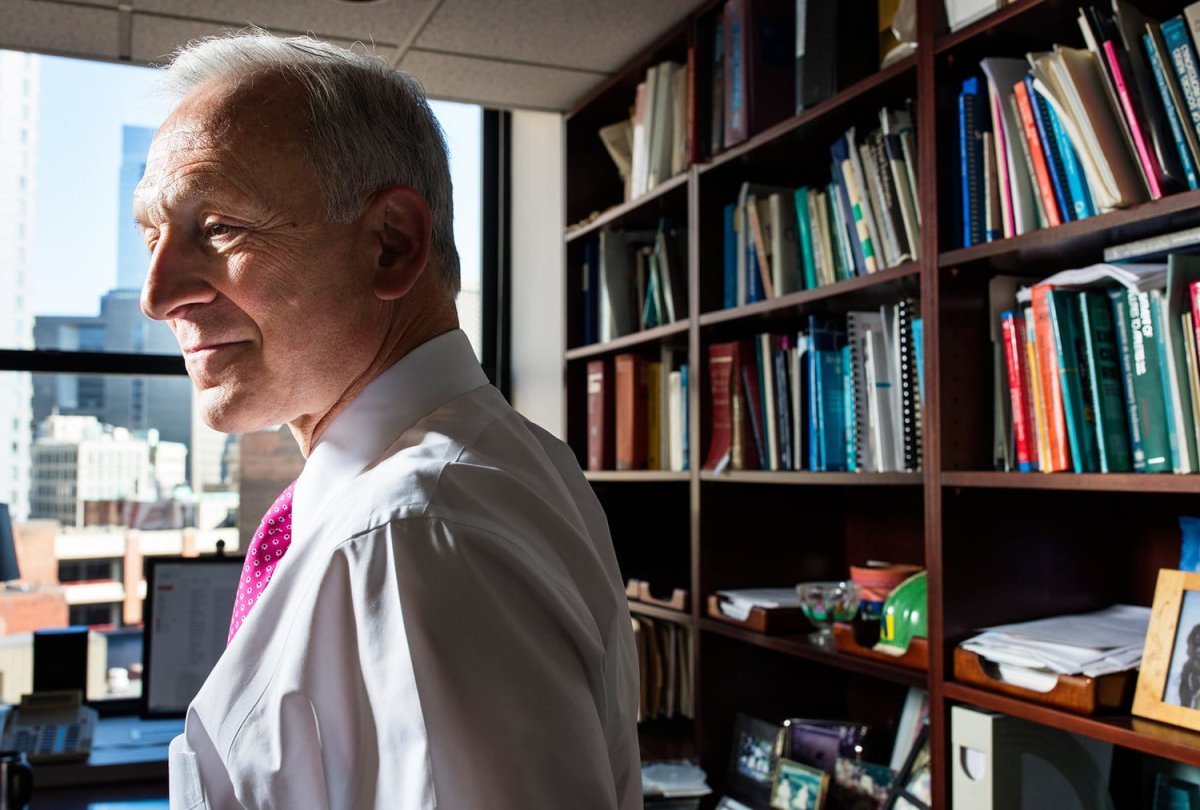
Revisiting an old solution
Having a heart attack or a stroke might seem like an inevitable part of life, but medical researchers haven’t given up on trying to prevent these tragic events. One cardiologist, Harry Selker is focused on improving and getting to market a drug that could mean a lower mortality rate from cardiac arrest: GIK.
GIK is really not a new drug. The cocktail of glucose, insulin, and potassium (K) was discovered around 50 years ago. When it was tested in baboons and rabbits, it seemed to be preventing heart attacks. The concoction had protected heart muscles against damage. Selker says: “So it was very encouraging.”
But when applied to humans, the results were less promising. GIK did nothing to prevent or treat the heart attack, so the idea was shelved.

Selker wanted to better understand why the human trials had failed. He tried to marry the GIK research with his own study on immediate treatment for heart attacks. He theorized that if GIK was administered immediately, even before bringing the patient to the hospital, it could be more effective.
His 2012 study delivered huge results: a 50% reduction in mortality if GIK was administered immediately. A 40% reduction over the succeeding month. In fact, in ST-elevation heart attacks, there was a 60% reduction in deaths.
Affordable but not Available
From here, Selker thought it seemed pretty clear-cut. Continue the research, and hopefully save lives using a simple therapy that’s affordable.
“I thought, pretty much, my work was done and people call me up and say you know, ‘when would we get this GIK stuff?’ And I realized nobody’s making it, nobody’s selling it. And so I started talking to the pharmaceutical companies saying, ‘You know, would you make this stuff?’ And they basically weren’t interested.”
Why? It may have something to do with the fact that GIK costs just $50. It’s not going to make anyone a huge profit. But Selker remains determined. He is in contact with the FDA to conduct further studies on the effectiveness of GIK in acute coronary emergencies.
“If you’re going to try to improve things, you have to work on all angles, you have to work in all disciplines,” says Selker.